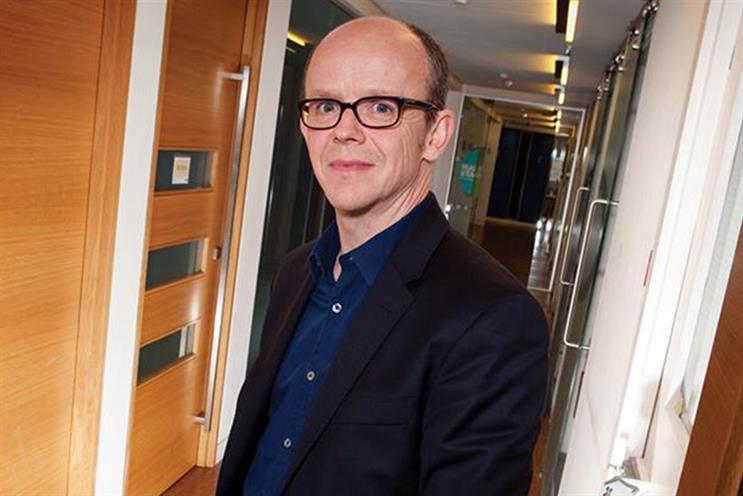WPP chief executive Mark Read’s call for "decisive action and radical thinking" ahead of the outcome of his strategic review next month is hard to argue with – except I might respectfully change the order.
Thinking is as important as action at this pivotal time in our industry.
I write from personal experience after stepping down from the frontline of agency leadership earlier this year.
Since then, colleagues whom I respect – clients, media owners, tech companies, investment analysts, agency talent – have become even more open with me about the good, the bad and the ugly of our industry.
There has already been enough punditry around the challenges. Restating the problem is so much easier than describing a solution.
Suffice to say, it is an ecosystem challenge, not just a case of one player being at fault.
Take your pick from loss of trust, data mishandling, brand safety, short-termism or just your regular bullshit, no-one is 100% exempt. The bad and the ugly are clear and a few declining share prices make this point.
However, it is our collective responsibility to resolve it, because something big is at stake here – namely the efficacy of marketing itself, its credibility in the C-suite and our ability to attract the smartest and most creative people to this industry.
So, what does 'good' look like?
Describing a new agency model is akin to trying to sell a car by showing the customer around the factory.
So rather than spill out the usual, agile, data-led, tech-powered, real-time rhetoric, I thought I would simply share some clear outcomes that appear necessary from two months of conversation and 25 years of learning.
And. despite being a science graduate, I would admit none of it is rocket science.
* Good clients don’t want to cede control (again, ever).
* Agency talent is tired of being told they work for untrustworthy organisations. Trust is not an issue. It is the issue. This is existential and has to be addressed immediately.
* You are either a vendor or advisor. There is no place in between. Pretending to be one while being the other is at the heart of creating client distrust. Either role is legitimate and to be respected. Clients need both, but commingling does not work. In a group, separation of church and state should be mandatory. Project work and short-pitch cycles are a symptom of vendor status.
* Cross-selling agency services is not solution consultancy and simply positioning cross-selling as such is spotted a mile off by clients.
* Platforms are just that – enterprise level, tech-based infrastructure that allows you to automate process and access data in usable forms. If this is not what you do, don’t pretend to be one. Be confident in adding the value that you do. If your people cost is more than 50% of revenue, you are a people business and that should be celebrated and valued.
* The "service layer" is today’s battleground. Platforms are not the answer, they are part of the solution. Whether they are a consumer platform (think Facebook) or a business platform (think Adobe), they need an integrator, they need human creativity, they need smart apps built on top to deliver distinctive brand experiences and effective media. And amazing creative work. Clients need objective advisors and creators to do this.
* The binary discussion around "in-housing" versus "out-housing" is nonsense. It always has been a mix and always will be. Organisations that "threaten" clients by saying in-housing is too hard or impossible will not do well.
* Don’t use the good bits of your group to try to mend the incumbent legacy operations that are in rapid decline. If you put a healthy patient with a sick one, you know what happens.
All that said, I am extremely bullish, because at their heart great agencies deliver value that dwarfs their cost.
Agencies have everything to play for. No other organisation can rival agencies when it comes to being gold mines of brand learning, creativity, entrepreneurialism and talent.
Listed company status has historically served these acquisitive organisations well, but it is now putting leadership in a tight corner because of quarterly earnings, with the short term dominating.
Radical thinking has to go far beyond the organisational and into the very heart of the business model and its capitalisation.
Iain Jacob stood down as chief executive of Publicis Media EMEA earlier this year and holds various advisory board and non-executive roles


